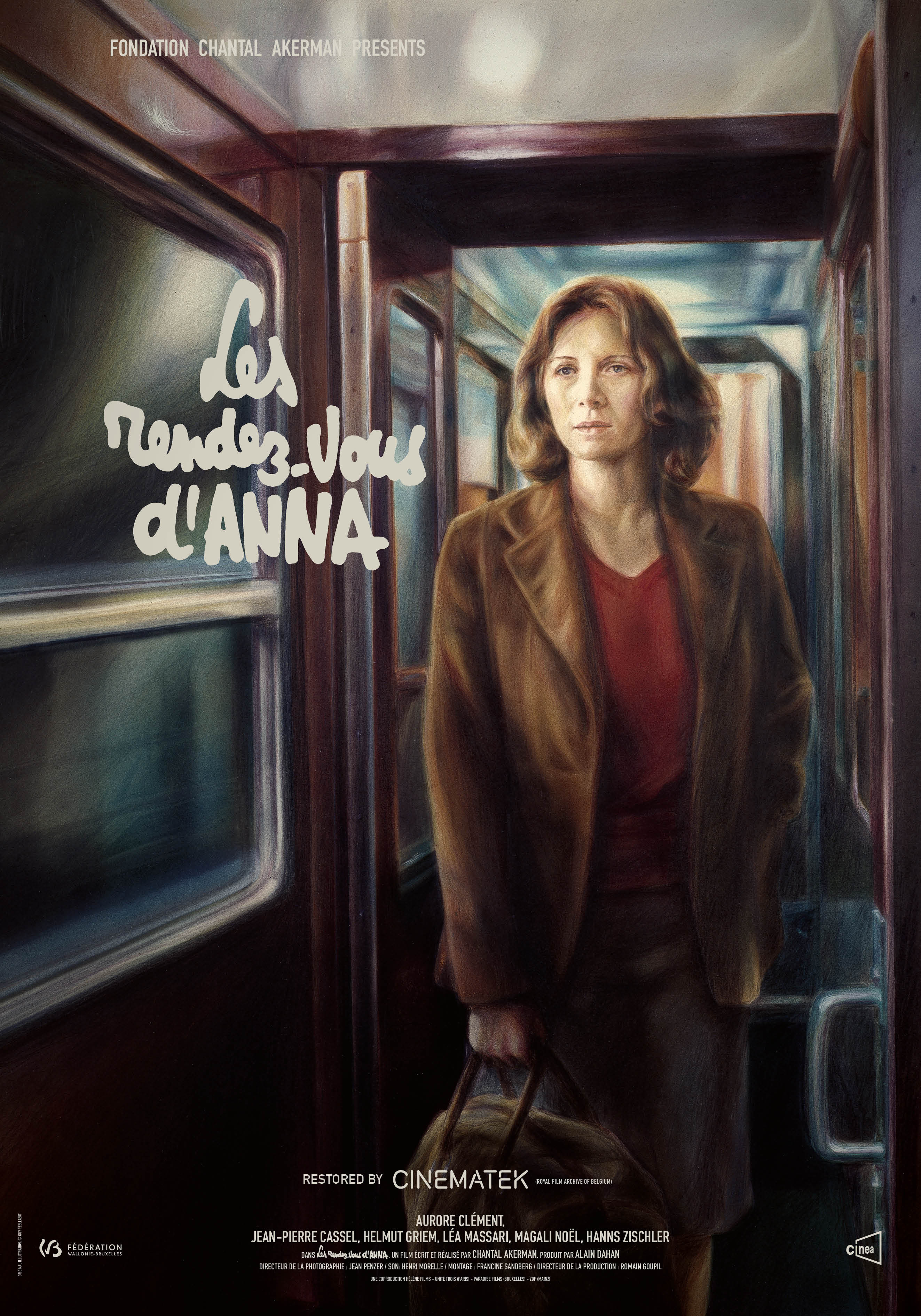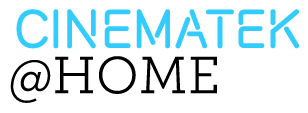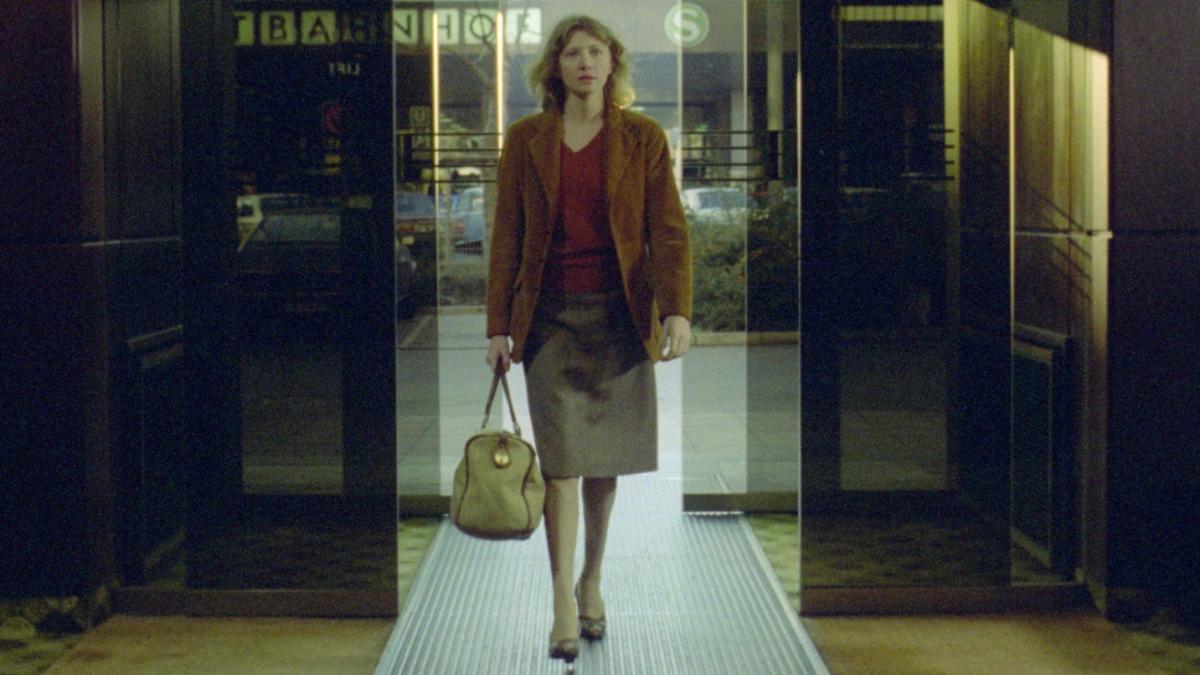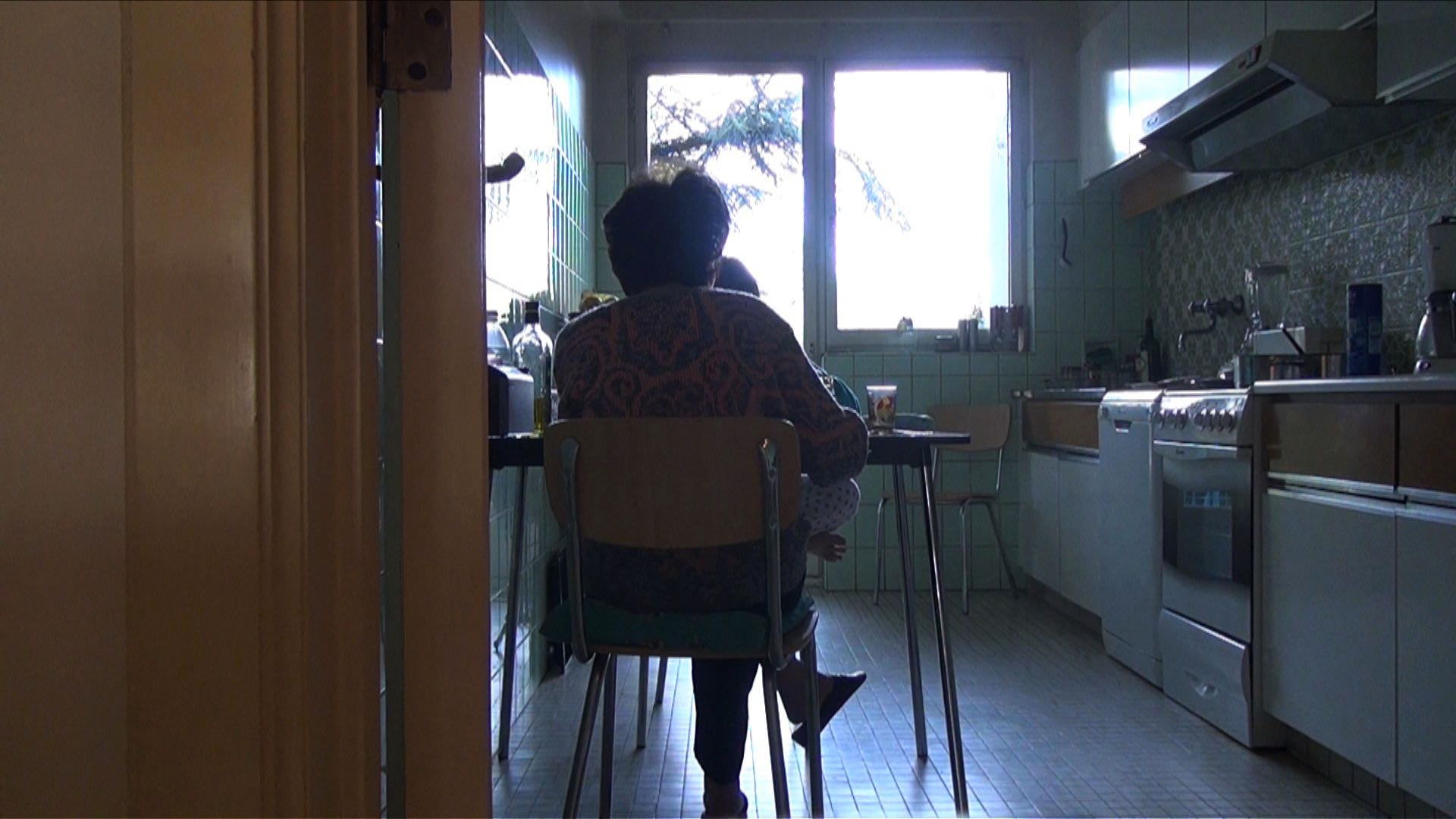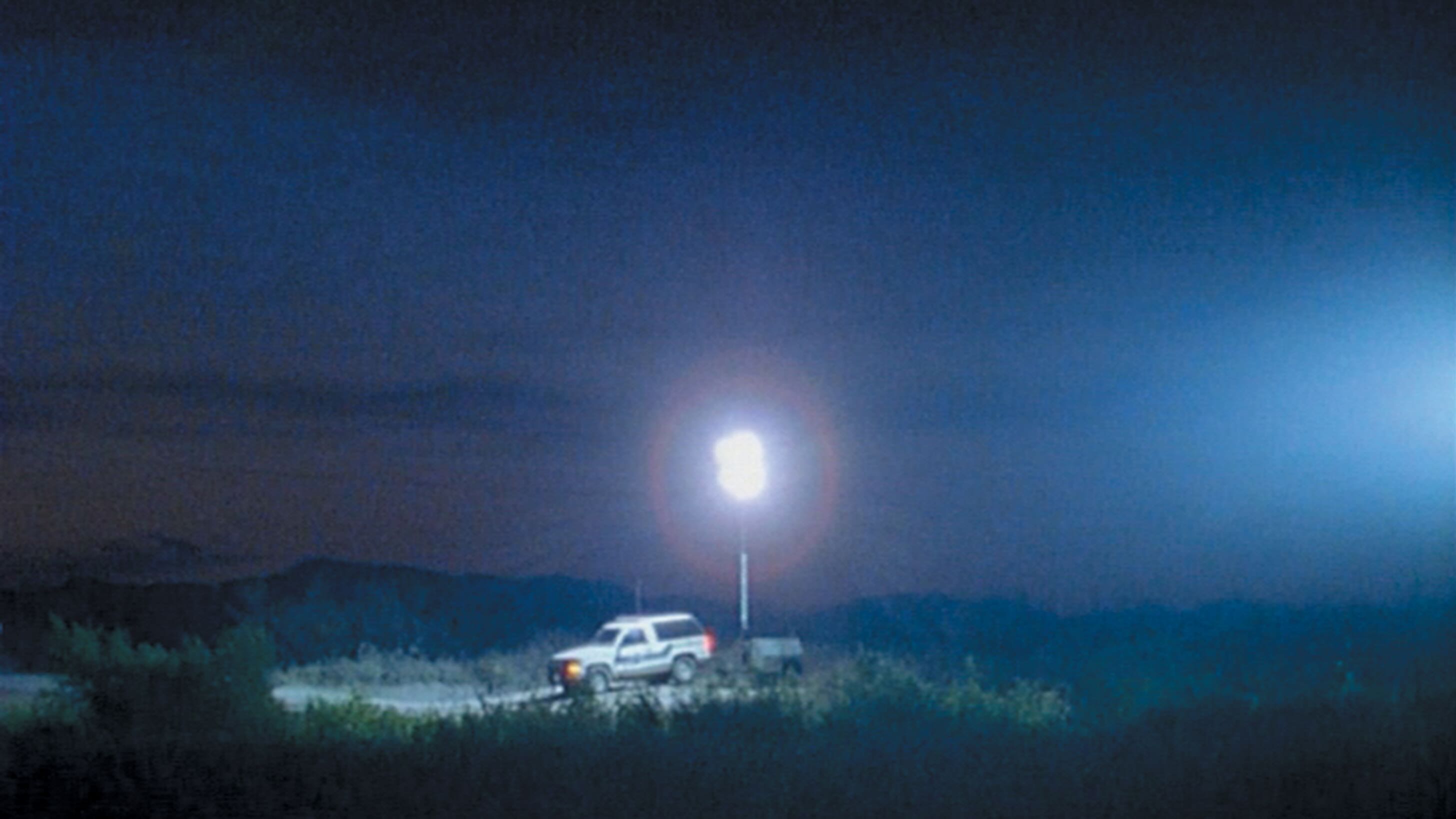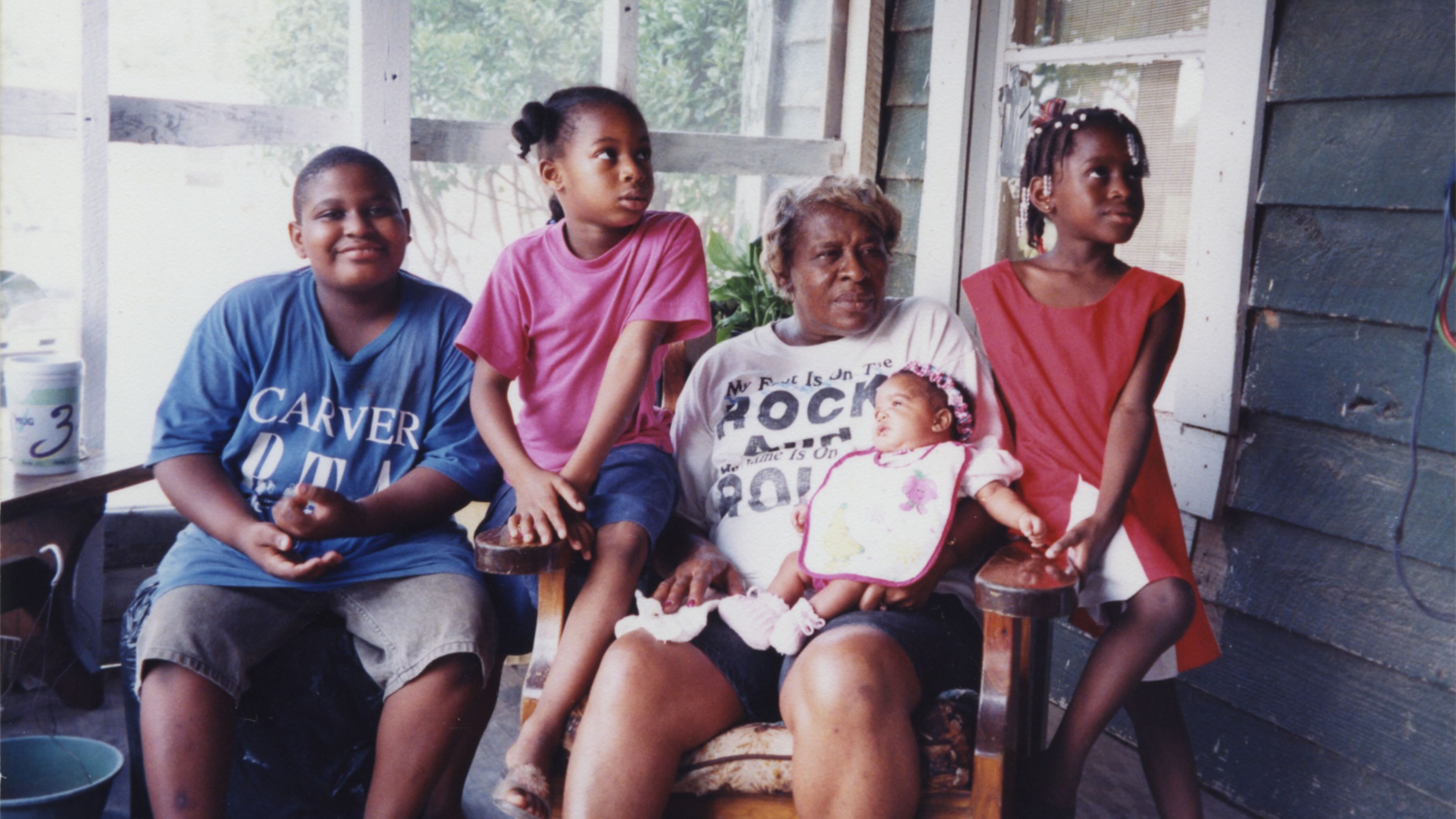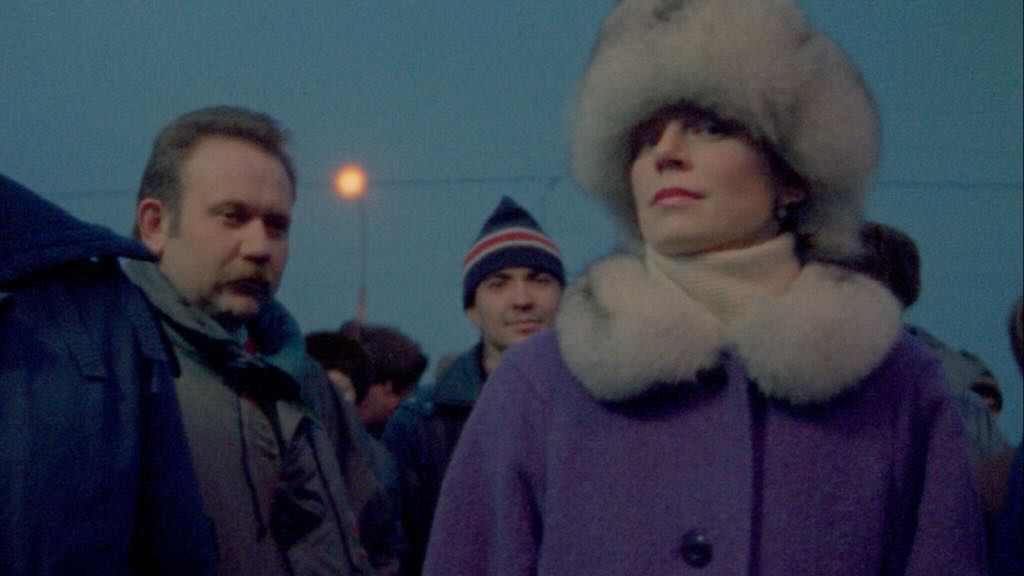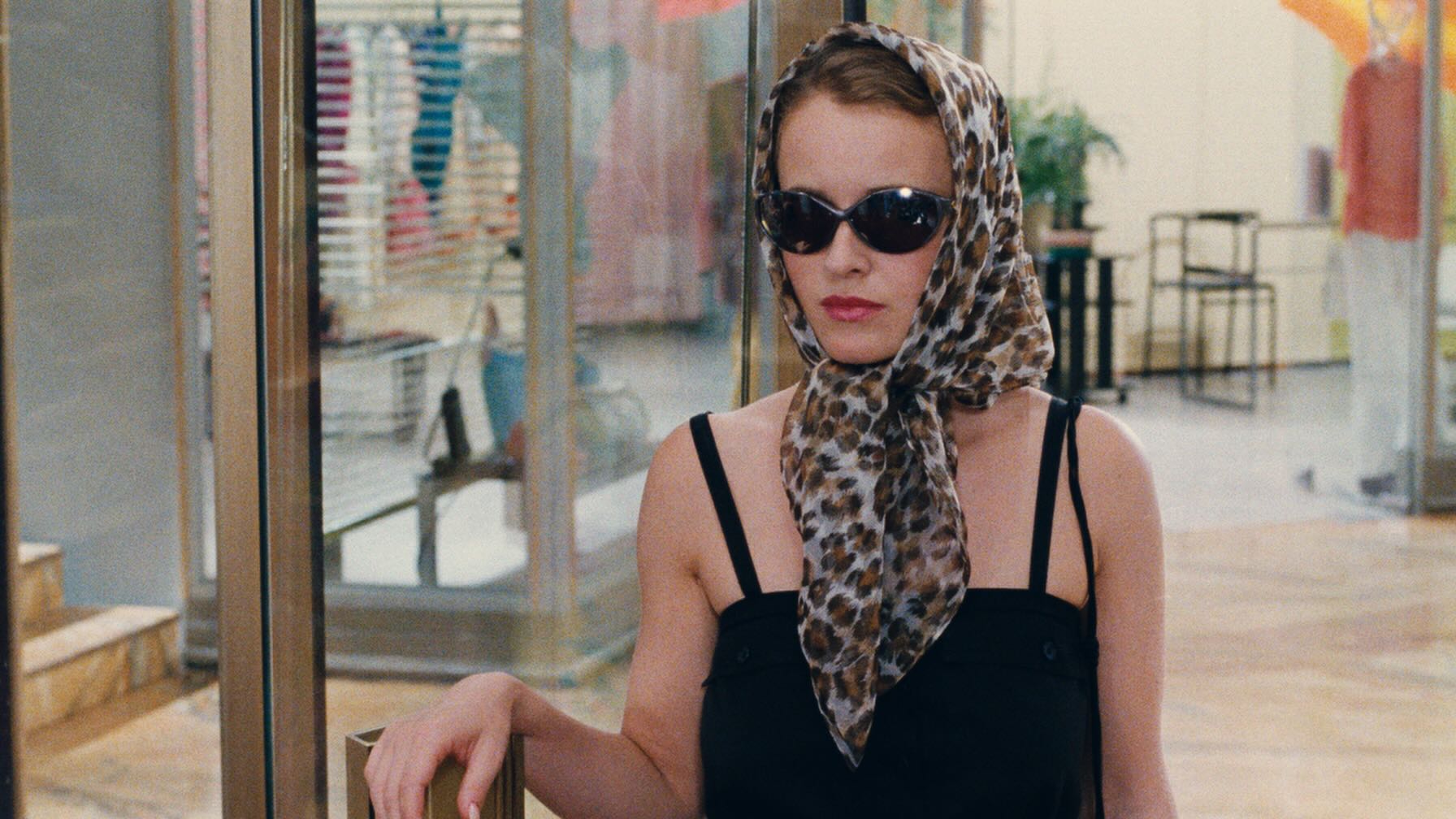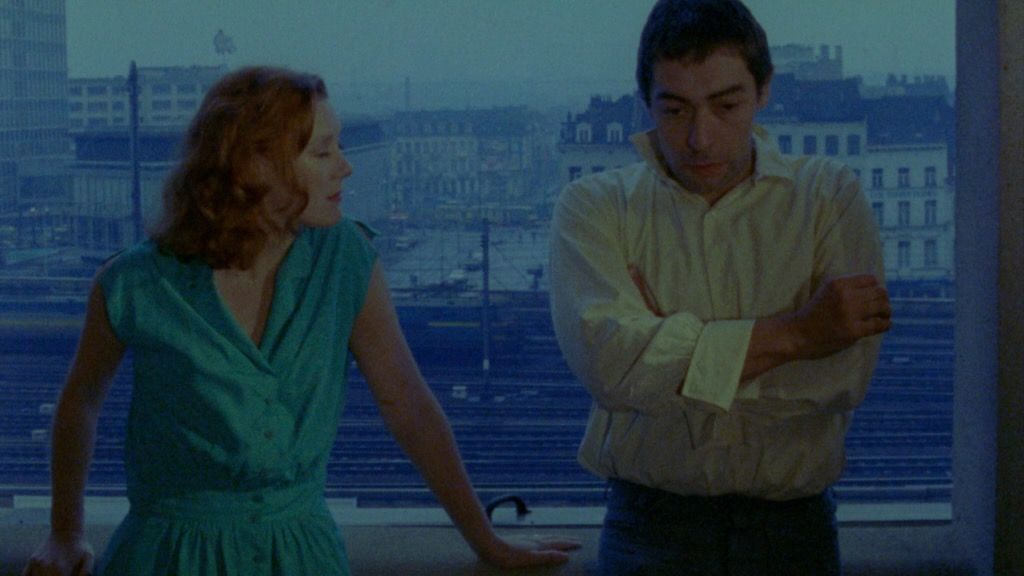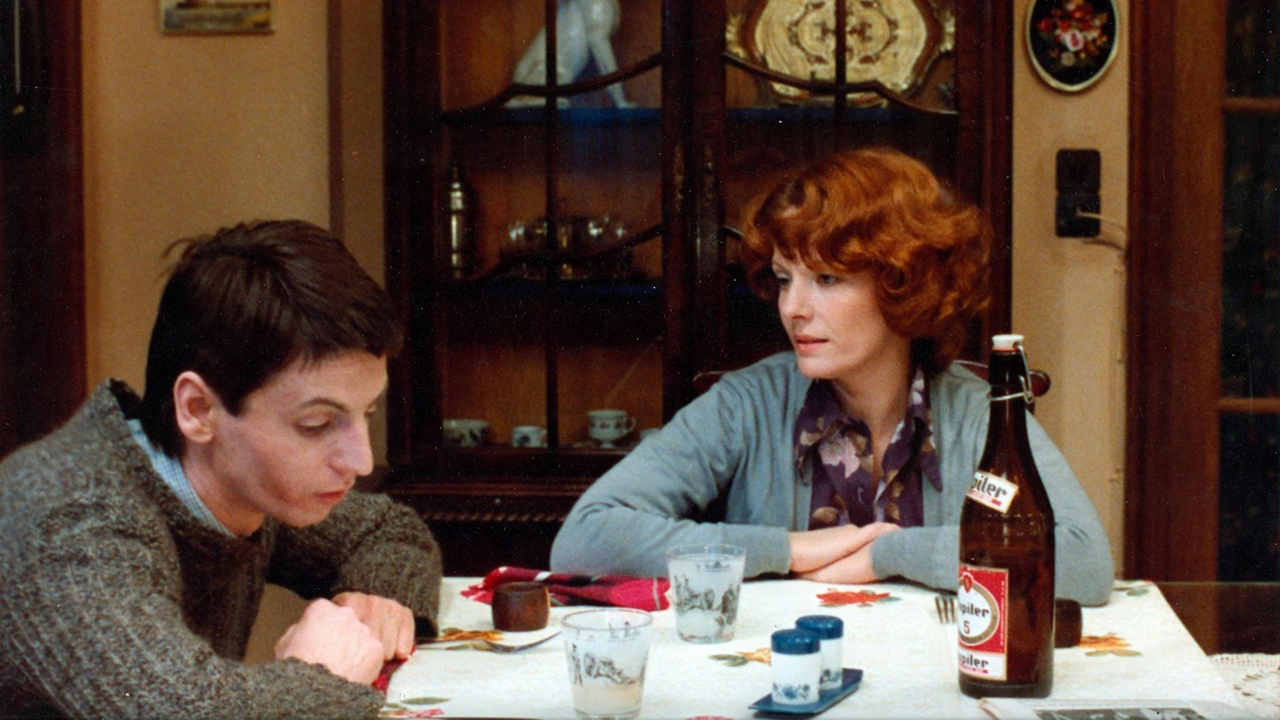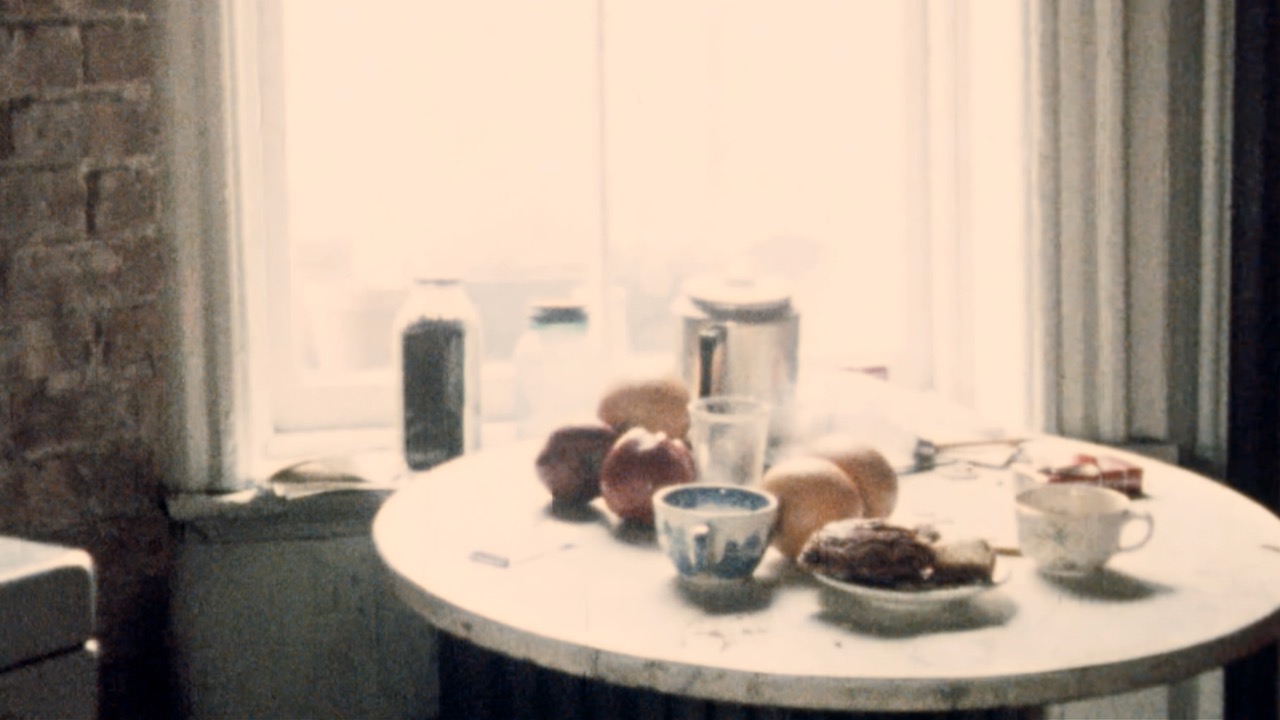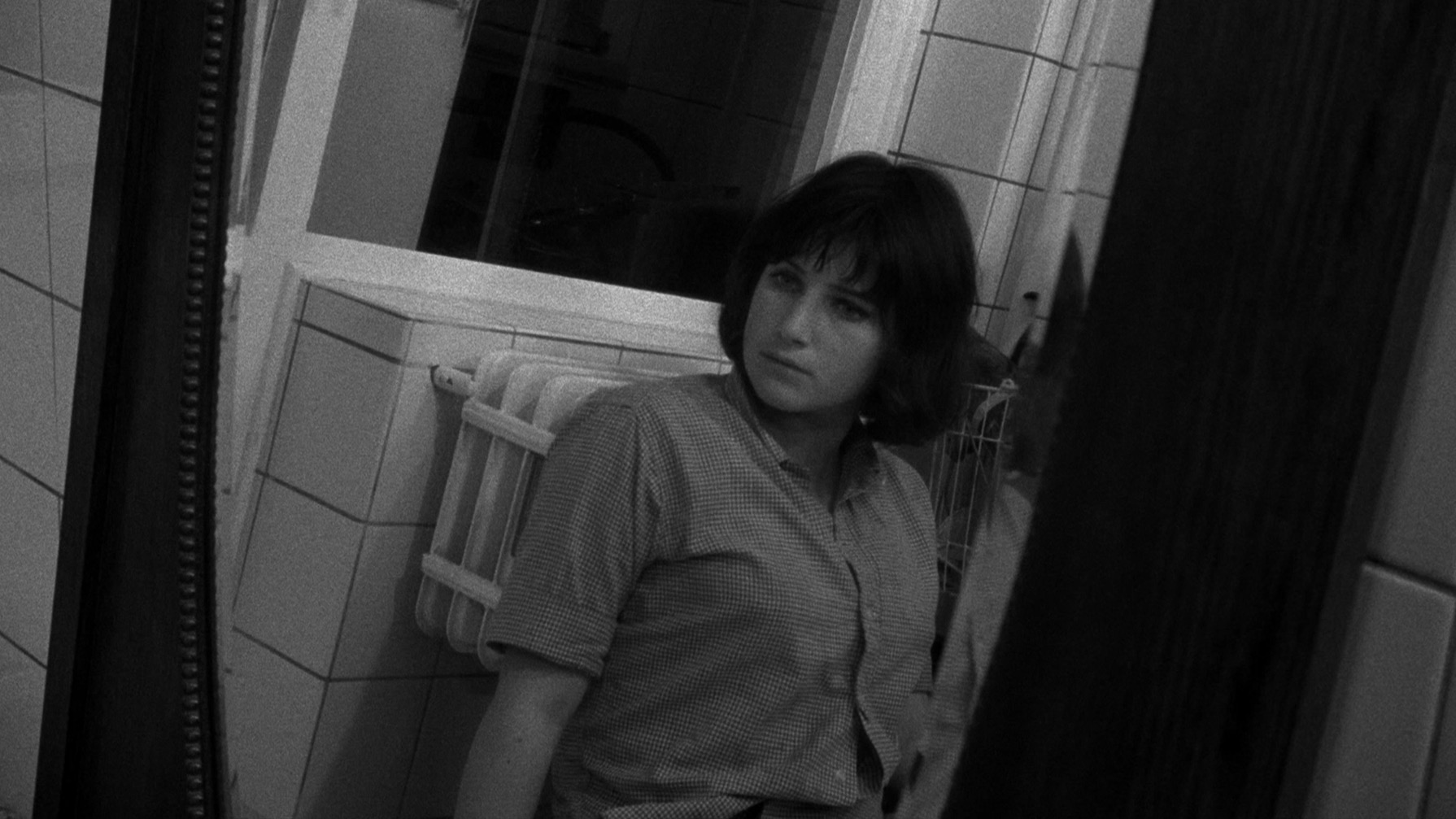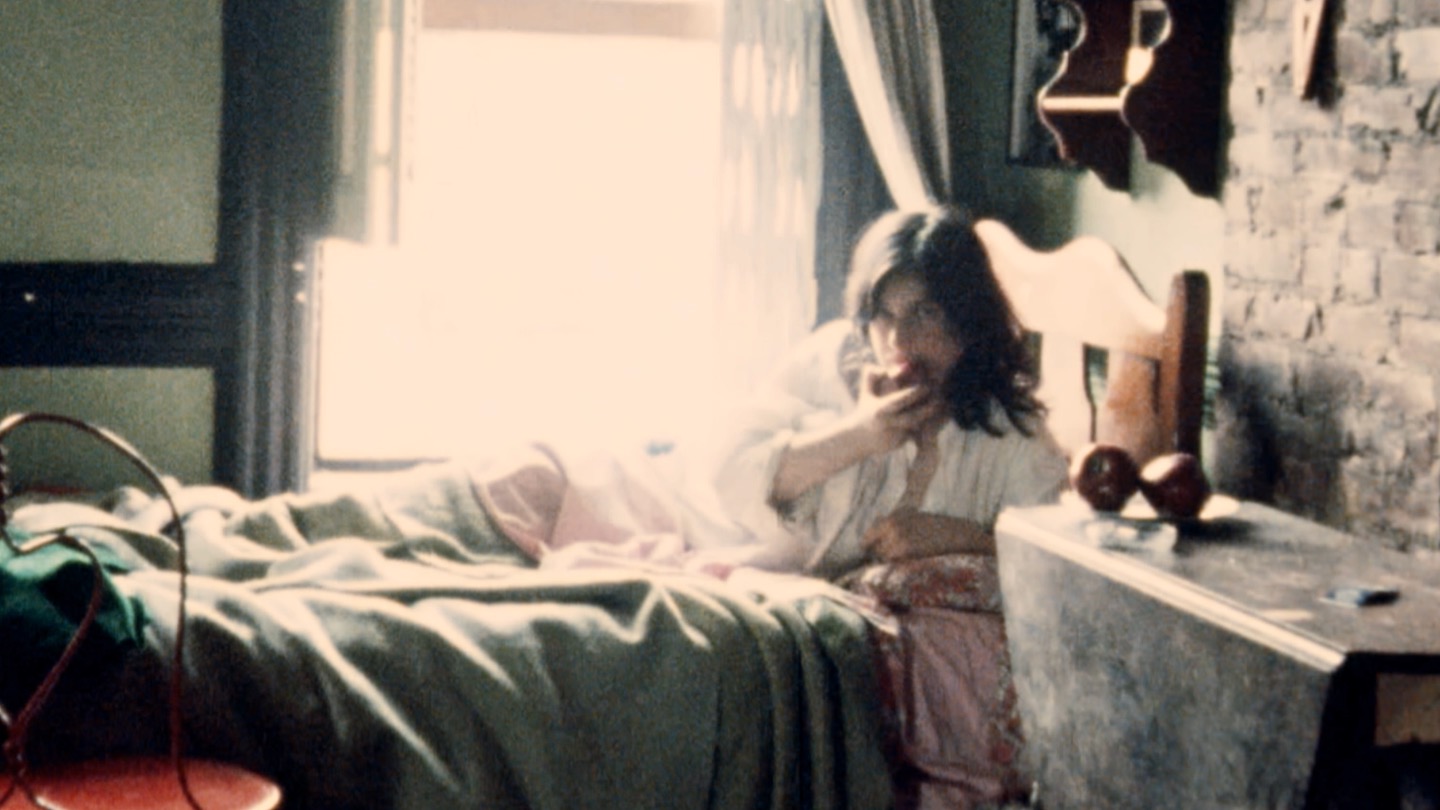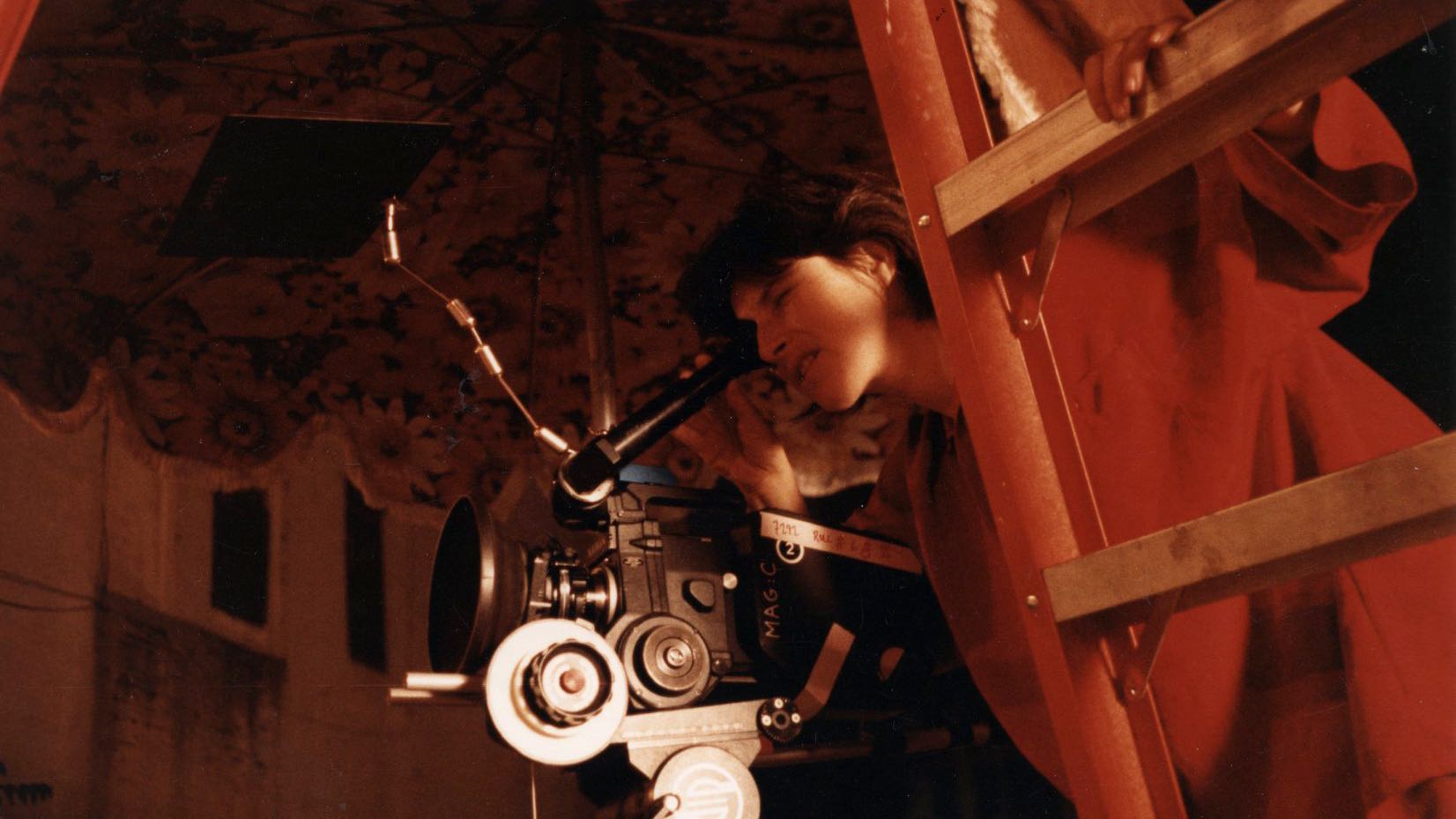Anna, a Belgian filmmaker, travels through northwestern Europe to promote her latest film. Her temporary stops and fleeting encounters paint a portrait of a young woman. She meets a German teacher carrying history’s weight on his shoulders , a friend, a stranger on a train, her mother, and her Parisian lover.
The film contains all the recognizable elements of Akerman’s style, with slow tracking shots and a sense of distance towards the characters — one which does not eliminate emotion but rather channels it, leaving Anna and the others’ autonomy intact. They are not used up by their role as fictional elements: the narrative needs them but they retain a dimension over and above it, a collateral which is the source of the film's solemn grace. Also worth stressing are the beauty and simplicity of the textual score, and the fluidity — free of any pathos — which will come to play an increasingly decisive part in the director’s later fiction films.
“At once introspective and observational, “Anna” is a road movie about an unresolved interior journey; its true subject is its maker’s mental state.”
J. Hoberman
“Les rendez-vous d’Anna pushes boundaries exactly because Akerman pushes the film so far in one direction: she takes much longer than a less confident filmmaker might have, allows characters to speak for extended periods, and frames everything in the same measured, strikingly minimal way.”
Calum Marsh
“Akerman’s aim is not to distance emotion but to re-channel it: to have it come through not the usual, weeping face of an actor (as Raúl Ruiz once put it), but through the exact shade of a colour on a wall, the precise timbre of an atmospheric soundscape, the concrete line and position of a table or chair.”
Adrian Martin
“Why/how are the images so gorgeously luminous and cadaverously creepy at the same time, a form of possession and dispossession that seems to match perfectly Akerman’s relation to her movie, which she uses like a mirror? Is that the way that we use it, too?
Eavesdropping on Anna when she confesses her lesbian affair to her mother (‘I wouldn’t dare tell your father–’ ‘Don’t tell him–’), am I moved by identification, sympathy, or voyeurism? What does it have to do with me, in a movie that, as J. Hoberman puts it, orchestrates its shots in a way that renders a musical score superfluous? Is Les rendez-vous d’Anna a Buster Keaton film for the 70s without laughs, complete with s-f gadgets, robots, and lonely self-containment, or an old-fashioned European art movie of the 80s? Is it a movie about you (to paraphrase George Landow), or about its maker? All I know is, it looks great and it sure gives me the willies.”
Jonathan Rosenbaum
